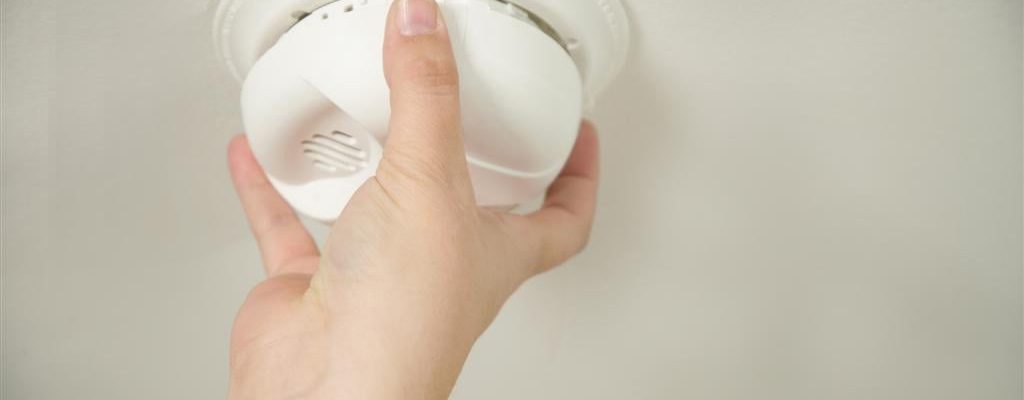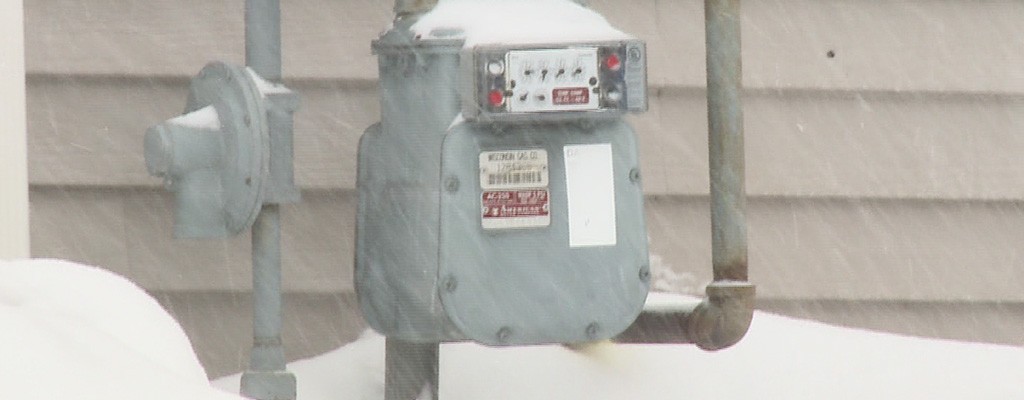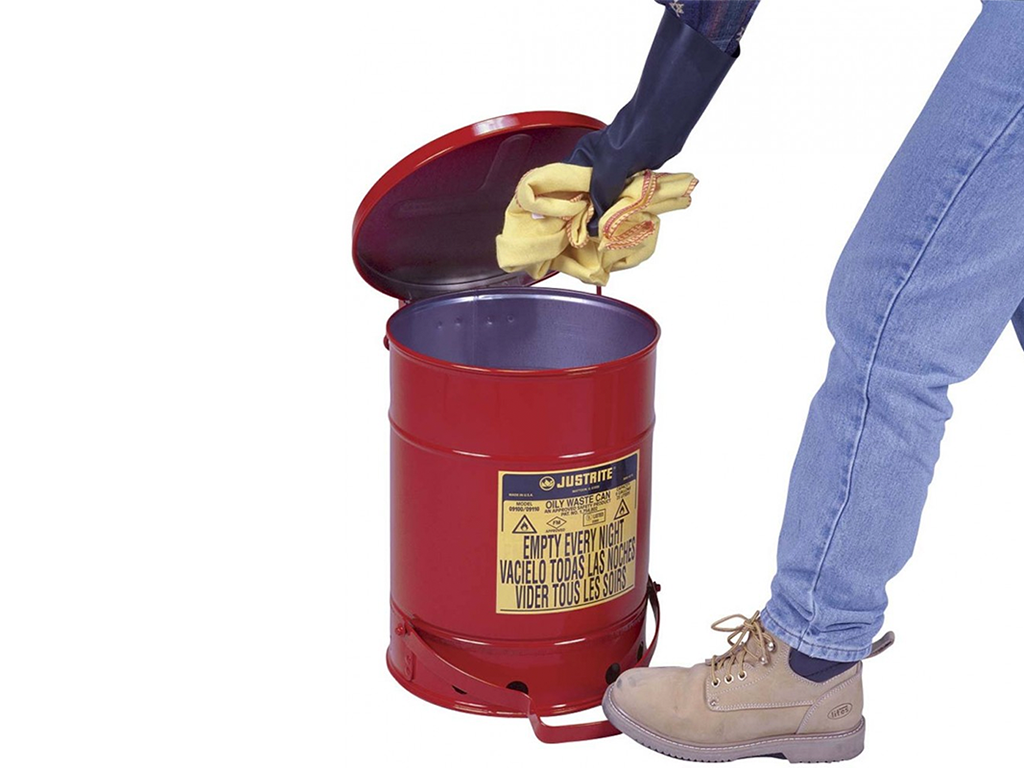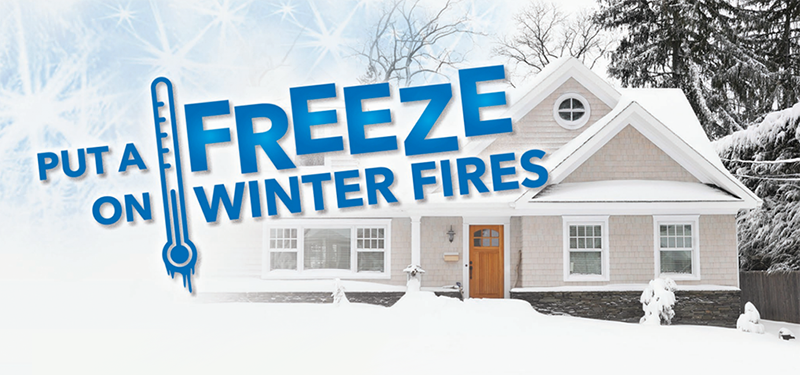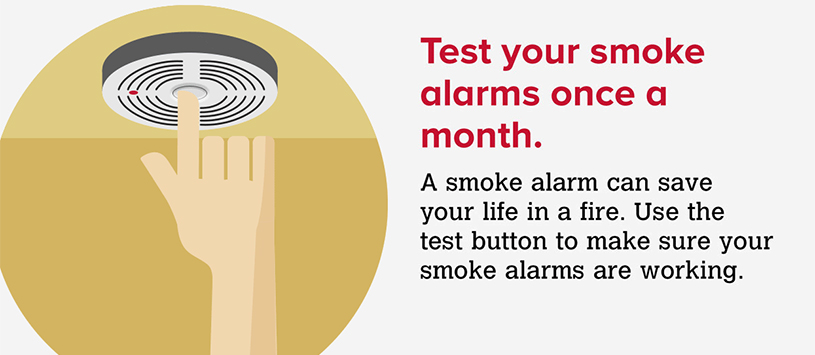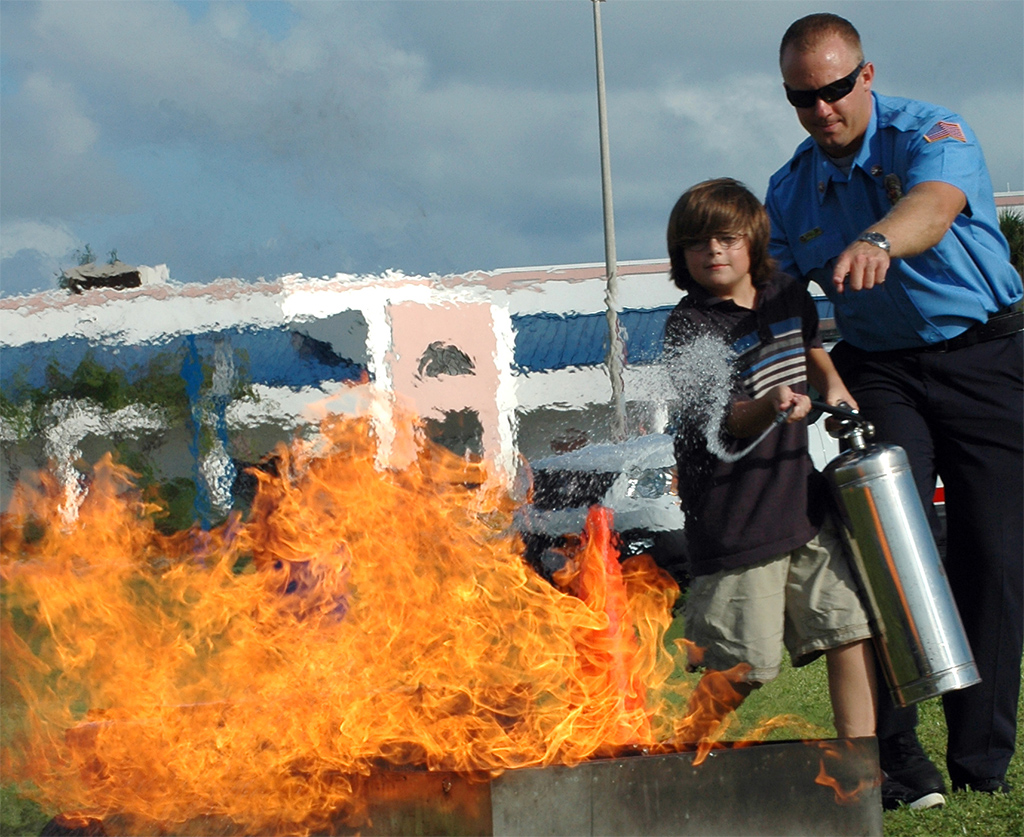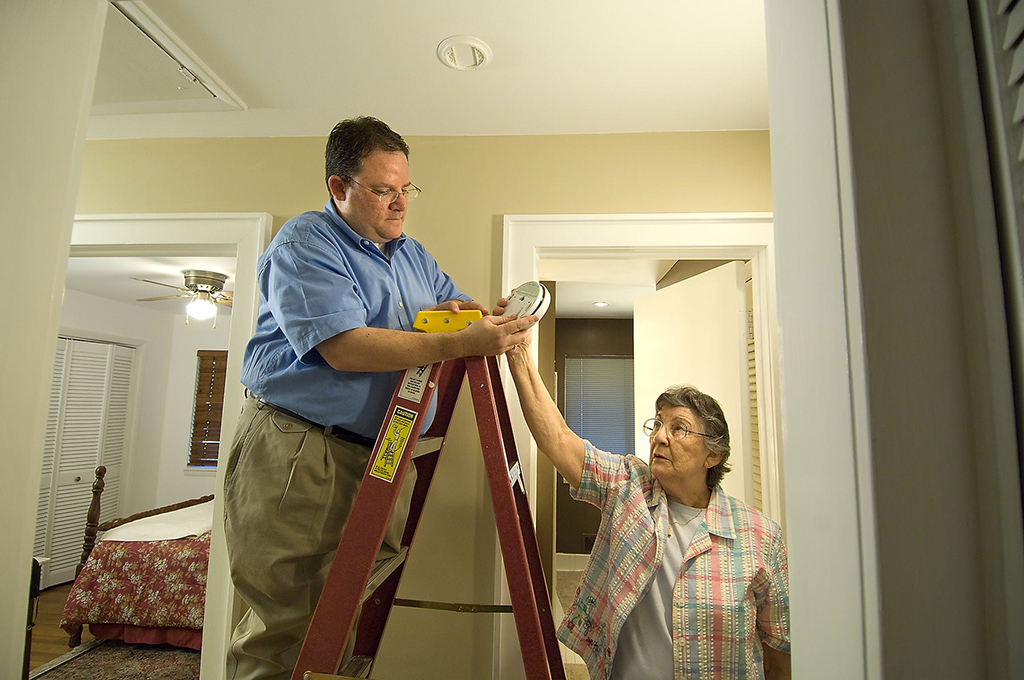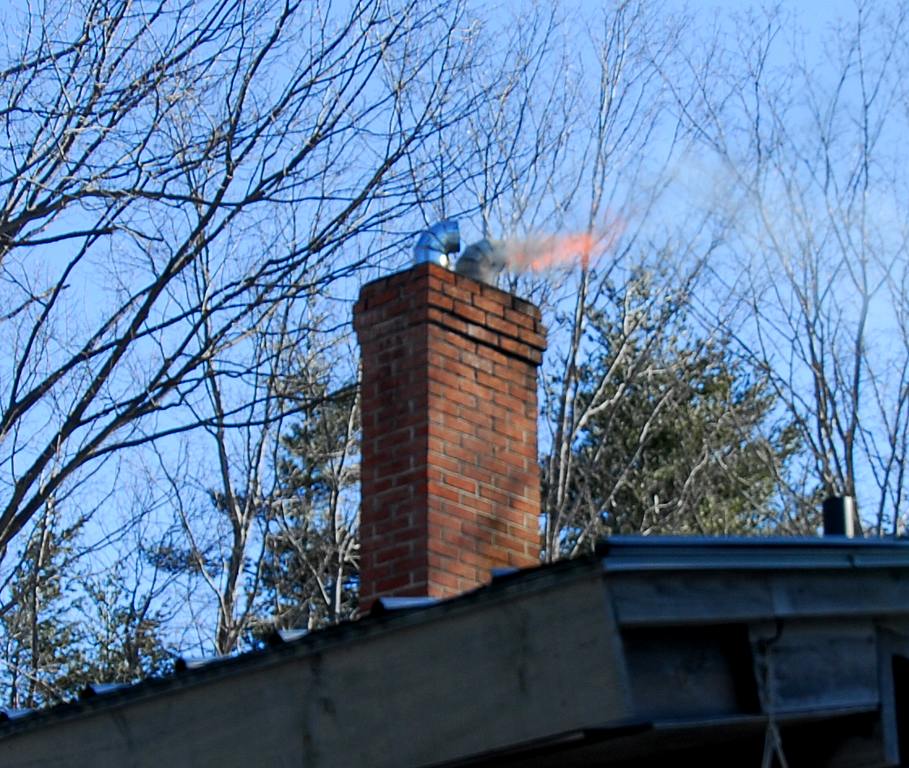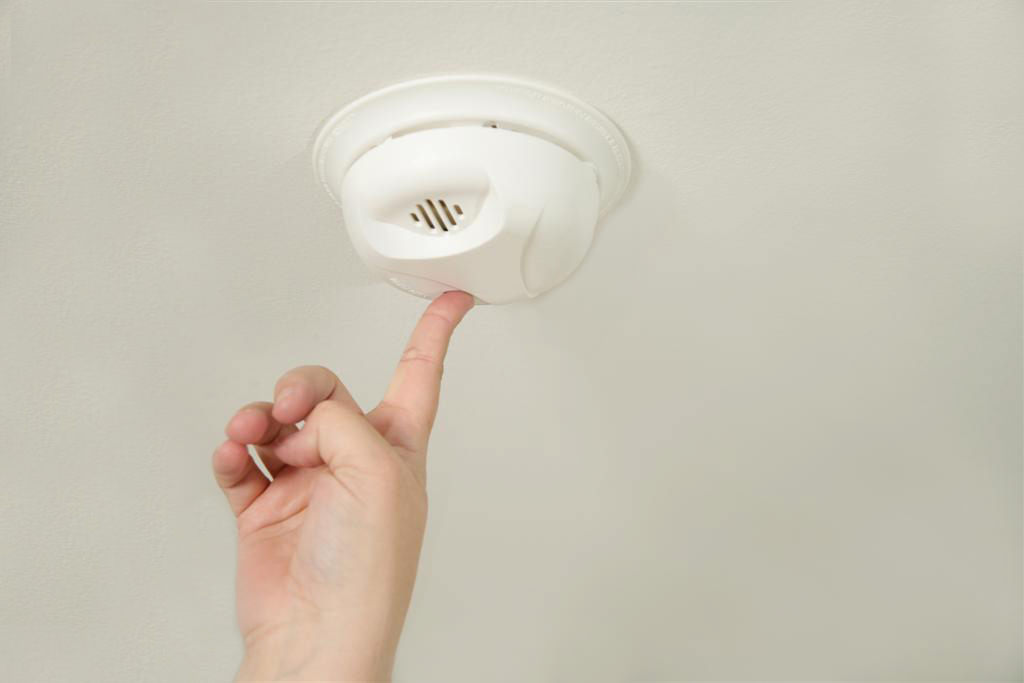The New Jersey Department of Community Affairs’ (DCA) Division of Fire Safety is informing residents of a new smoke alarm regulation, effective January 1, 2019, which requires 10-year sealed battery smoke alarms be installed in homes built before January 1, 1977. continue reading →
Winter Safety & Your Utility Equiptment
Your outdoor gas meter and ventilation equipment are designed to withstand winter weather conditions, but heavy or hard-packed snow and ice on the meter or external fuel burning equipment exhaust vents can present a significant safety hazard. continue reading →
Safe Disposal of Oily or Flammable Rags
As the weather improves, many people find themselves doing more around the house, like staining furniture, flooring or other wooden materials with an oil based stain, varnish or sealer. Often we apply these liquids with a rag or cloth, however, some people may not be aware of the risk that improper disposal of these rags may have.
continue reading →
Cold Weather Safety
The United States Fire Administration (USFA) and the National Fire Protection Association (NFPA) are working together to remind everyone that home fires are more prevalent in winter than in any other season. This is due in part to an increase in cooking and heating fires. Holiday decorations and winter storms that can interrupt electrical service and cause people to turn to alternative heating sources also contribute to the increased risk of fire in winter.
Grilling Safety Tips
Fire in the grill, under hot dogs and burgers, is a welcome sight at the family cookout. But fire anywhere else can make your summer kick-off barbecue memorable for all the wrong reasons. Here are some grilling safety tips to cooking safety tips to help you kick off summer safely. continue reading →
It’s Time to Check Your Smoke Alarms
According to the National Fire Protection Association more than 66 percent of home fire deaths that occurred between 2003-2006 were in homes without a working smoke alarm. A working smoke alarm significantly increases your chances of surviving a deadly home fire.
continue reading →
Fire Extinguishers
Extinguishers Have Limits
USED PROPERLY, a portable fire extinguisher can save lives and property by putting out a small fire or containing it until the fire department arrives.
Portable extinguishers for home use, however, are not designed to fight large or spreading fires. Even against small fires, they are useful only under certain conditions.
continue reading →
How Safe is Your Home?
Each year, over 4,000 Americans perish and more than 20,000 others suffer serious injuries because of residential fires.
continue reading →
Chimney Maintenance
Have you ever heard the old story that a good way to clean creosote from a chimney is to have a good chimney fire? Well, don’t you believe it! Chimney fires can be your worst enemy. As the popularity of heating with wood continues to grow, so does the rate of house fires. In fact, wood stoves (and fireplace inserts) are one of the leading causes of house fires nationwide. These fires fall into two categories: those resulting from improper installation, and those resulting from chimney abuse.
continue reading →

